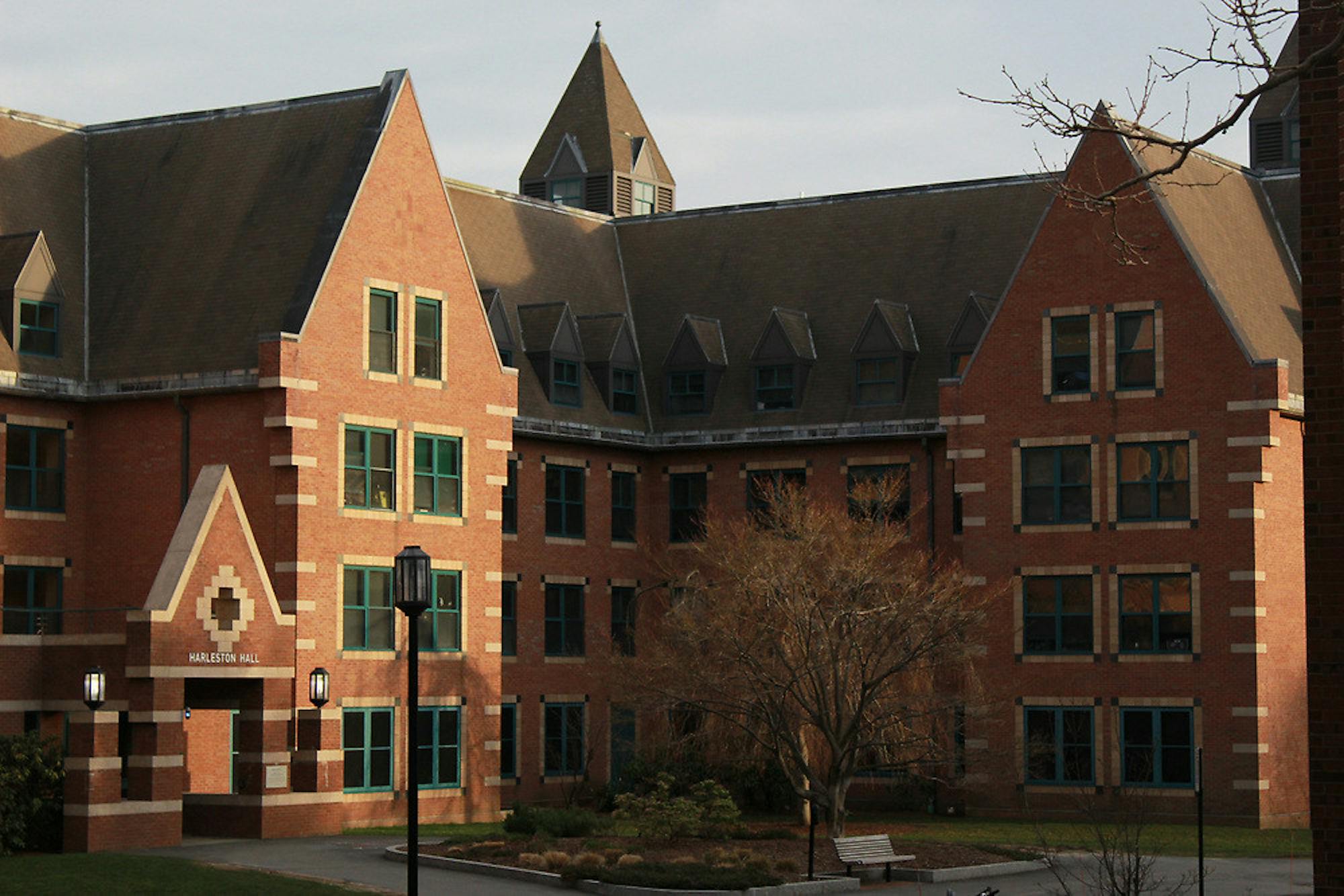The Tufts Community Union (TCU) Senate opted to partially fund the first-year Hall Council and Residence Hall Association initiative, which calls for the implementation of committees of elected first-year residents to develop programming for each first-year residence hall both at the Medford and School of the Museum of Fine Arts (SMFA) campuses.
The first-year Hall Councils will be set in place in all first-year resident halls next semester, according to TCU Vice President Adam Rapfogel.
According to TCU Senate meeting minutes, the senate held a preliminary vote on the initiative on March 31 and allocated the funding on April 7.
TCU Senate President Jacqueline Chen explained how the program will benefit incoming first-years.
“[First-year Hall Councils] will empower all first-year students to create and plan their own programming for their residence halls,” Chen, a senior, said. “This will build community in first-year dorms and give the chance to have leadership opportunities early on in their Tufts career.”
According to Chen, the vote came at the request of the Office of Residential Life and Learning (ORLL), which hoped to receive funding for the program from TCU because it will be a student-based and student-run activity. ORLL initially sought $23,900 for funding, but though the TCU Senate decided to allocate smaller totals to the program.
“Senate voted to fund this program $3,000 for its first year in order to show our support for this new community building initiative,” Chen said.
Chen specified that, while many of the details of the initiative still need to be fleshed out, it is certain that council members will be chosen by elections within resident halls, and they are to serve the broad purpose of being leaders within the first-year community.
“I think there is always a need to give first-years a really strong start at the start of their college career," Chen said. "Building more community in the residence halls is something we should be doing more of."
For first-year Harleston Hall resident Emily Lew, the establishment of first-year Hall Councils represents a step in the right direction for programming in residential life.
“[First-years] have a better idea of what other [first-years] want to do or want to see in their dorms," Lew said. "This [program] could potentially increase amount of interest in bonding and dorm programming."
Chen expressed TCU Senate’s concerns about the relationship and overlap between the first-year Hall Councils and the already existing duties of First-Year Assistants (FYA), but nevertheless described the balanced cooperation she hopes to see between the two.
“That [relationship] is definitely a concern that senate has,” Chen said, “The FYAs will be supporting the first-years ... They will train the first-years in order to plan events and be community leaders.”
Rapfogel echoed Chen’s sentiments on the importance of proper integration with the FYA program.
“The FYAs will work closely with the hall councils and serve as mentors and partners in planning events," Rapfogel, a senior, told the Daily in an email. "They will likely still receive a programming budget, but their role will be largely supervisory with the hall council.”
Rapfogel dove into the precise information regarding the makeup of the council, specifying that each first-year Hall Council will be made up of five first-years who are to be elected early in the fall semester.
Lew mentioned feeling a disconnect between the activities put in place and what the residents want.
“I’ve gone to a couple of smaller programs, [but] not intentionally,” Lew said. “In general, I feel outreach could be much better [and that] more could be done.”
But overall, Lew remained hopeful for the future that awaits incoming first-years with the new program, believing that a change in social life in first-year dorms is necessary.
“People just see dorms as a place where they sleep and do their work, but [dorms] could be seen as more of a productive space than that, and in order to do that you need to really improve your programs,” Lew said.






